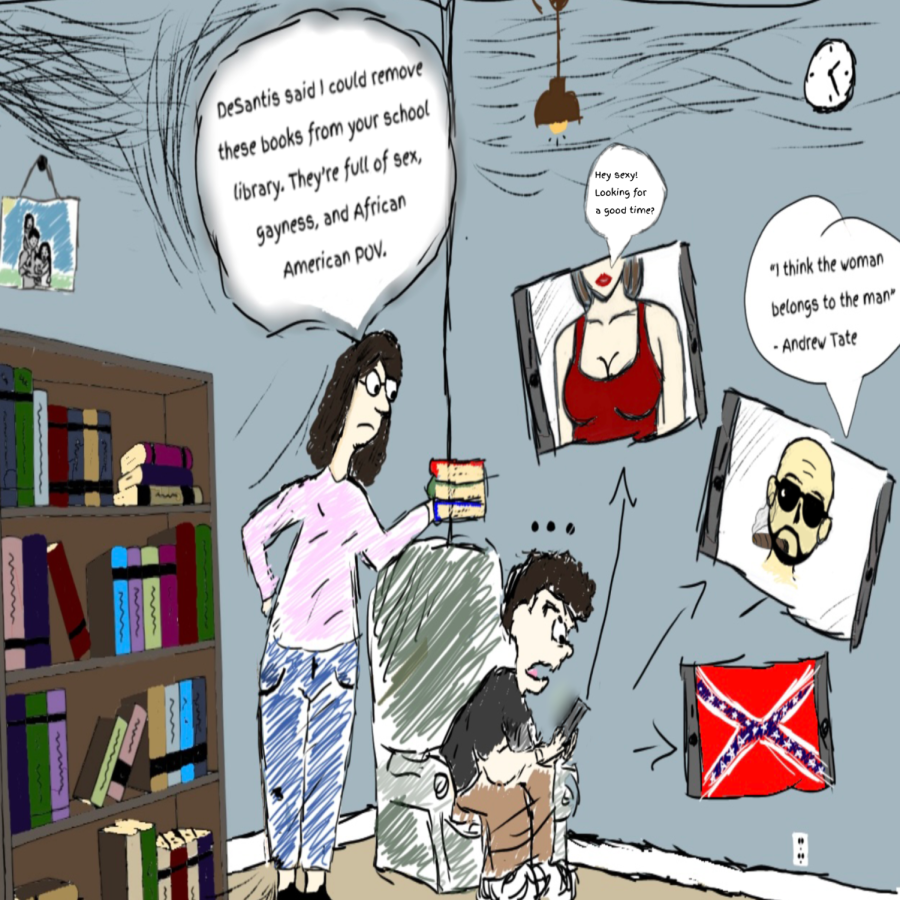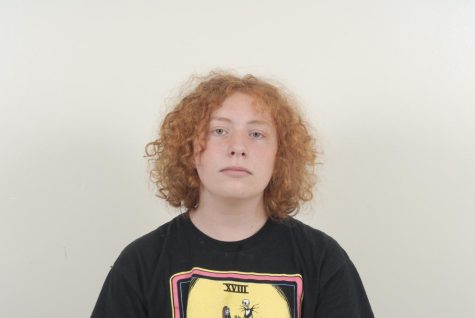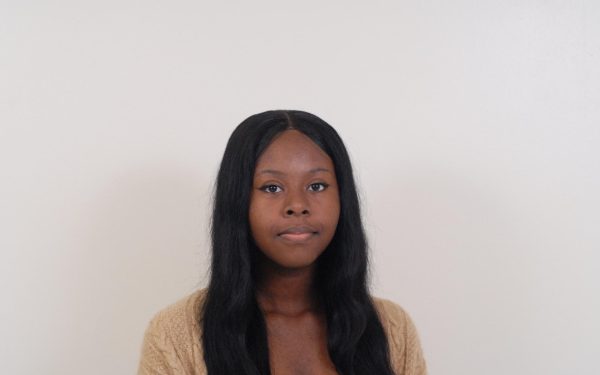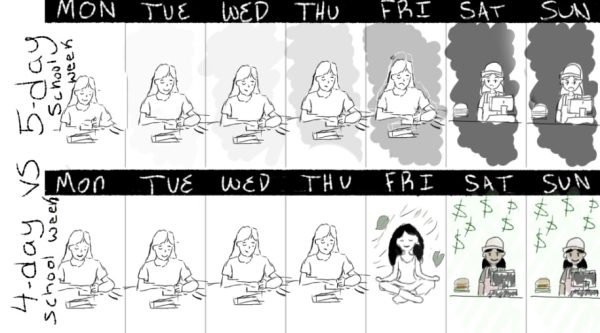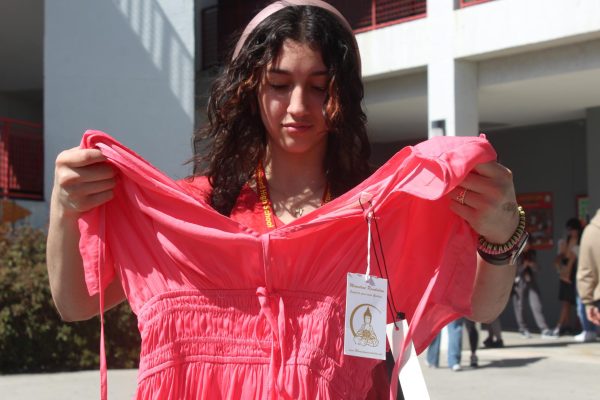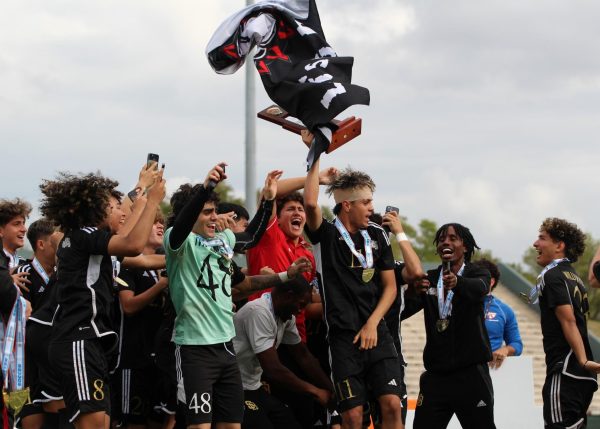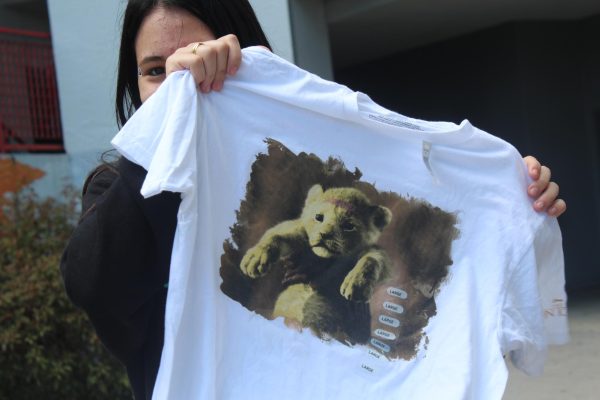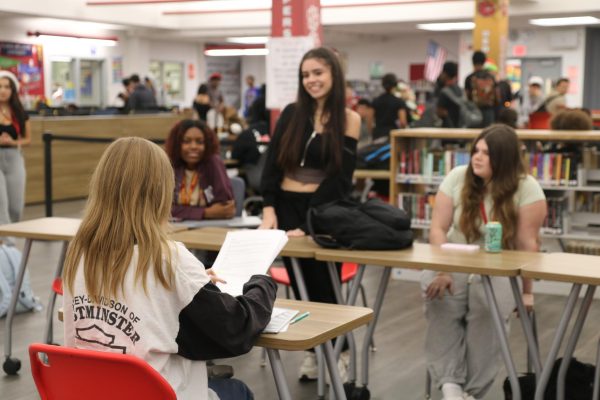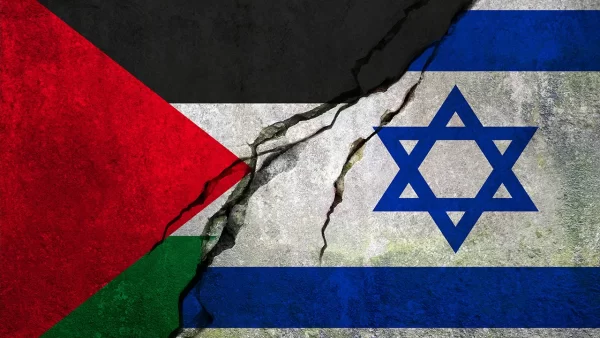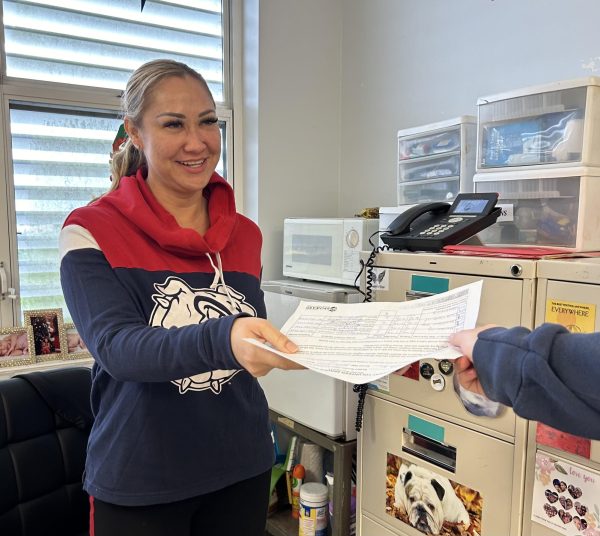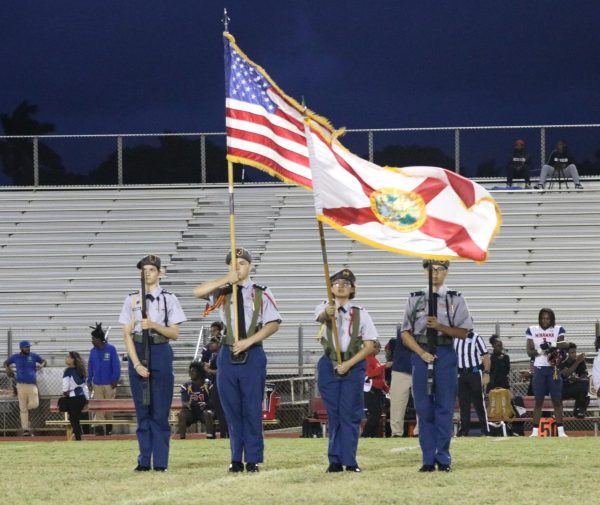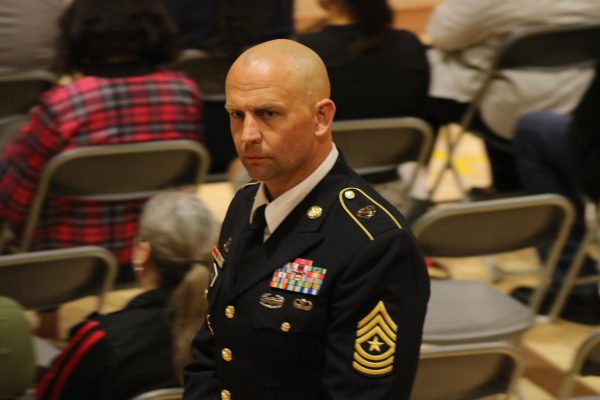Students have Mixed Reaction to Florida’s Recent Book Bannings
March 14, 2023
When SBHS freshmen Briana Calero looks for artistic inspiration, she turns to books. But, at the beginning of this year, she noticed how barren the shelves looked in class.
“I would walk into class and see a number of our art books being covered and put away from a students access,” said Calero
On March 25, 2022, the Florida Legislature passed House Bill 1467, which broadly states that public schools are required to be transparent in the selection of instructional materials, library and reading materials. They must be free of pornography and prohibited materials that are harmful to minors.
It also means that libraries be regularly reviewed and gives any parent or resident of the county the right to challenge any material they find offensive.
School books must be reviewed by a district employee holding a valid educational media specialist certificate to ensure they’re free of pornography or certain opinionated teachings.
Since then, a variety of public schools and public-school material has been affected. Multiple books have been scrapped as a result of this bill including books such as “The Kite Runner,” which was an international, acclaimed best seller, and “The Bluest Eye,” by Nobel Prize winner Toni Morrison. Both of these books were challenged by parents of Broward County, making the notion that they were not appropriate for high-school kids because they have detailed illicit scenes involving sexual assault and rape.
A lot of art displays nude figures, some of which can be seen performing sexual acts.
This has led to a great number of art books, used for education to be removed entirely from said curriculum.
Calero describes the retrenched classroom materials that are provided for students after the banning.
“Phones allow kids to get whatever they want whenever, banning things won’t fix anything.”
“Banning books only serves to restrict education, schools won’t give a student forms of pornography, not only is it inappropriate it wastes time. School is a place of learning,” Said Calero.
While the SBHS art community is being heavily curtailed in its number of paradigms it can show students, the English literature classes have seen virtually no change.
Darlene Pistocci, an English teacher at SBHS finds her classroom completely untouched after the bill was put into effect.
“Schools don’t encourage such material in classrooms anyway,” said Pistocci
This streak of going unnoticed is not only shared with the educators of SB, but also its students.
SBHS freshmen and avid reader Martin Segui, claims that he nor any of his peers were affected by such change.
“I doubt most kids in South Broward even reading anything, like I’m sure they pick up something at the library every now and then but kids would rather be scrolling through TikTok or doing anything else on their phone,” said Segui.
These same devices in which the same inappropriate material can be accessed by the lift of a finger. That is what worries SBHS freshman Elias Pereria.
“The word inappropriate is silly when it comes to high schoolers, by this point most people have been exposed to some pretty explicit things due to our phones, if anything banning these books will just make someone want to search it up and read about it online due to its sudden clout,” said Pereria.
Books that otherwise would have gone unnoticed, collecting dust on the shelves of a school library are now brought into the light and are now subject to the Bradley effect, in which they have now gotten into the hands of even more students because of the fuss surrounding the literature.

